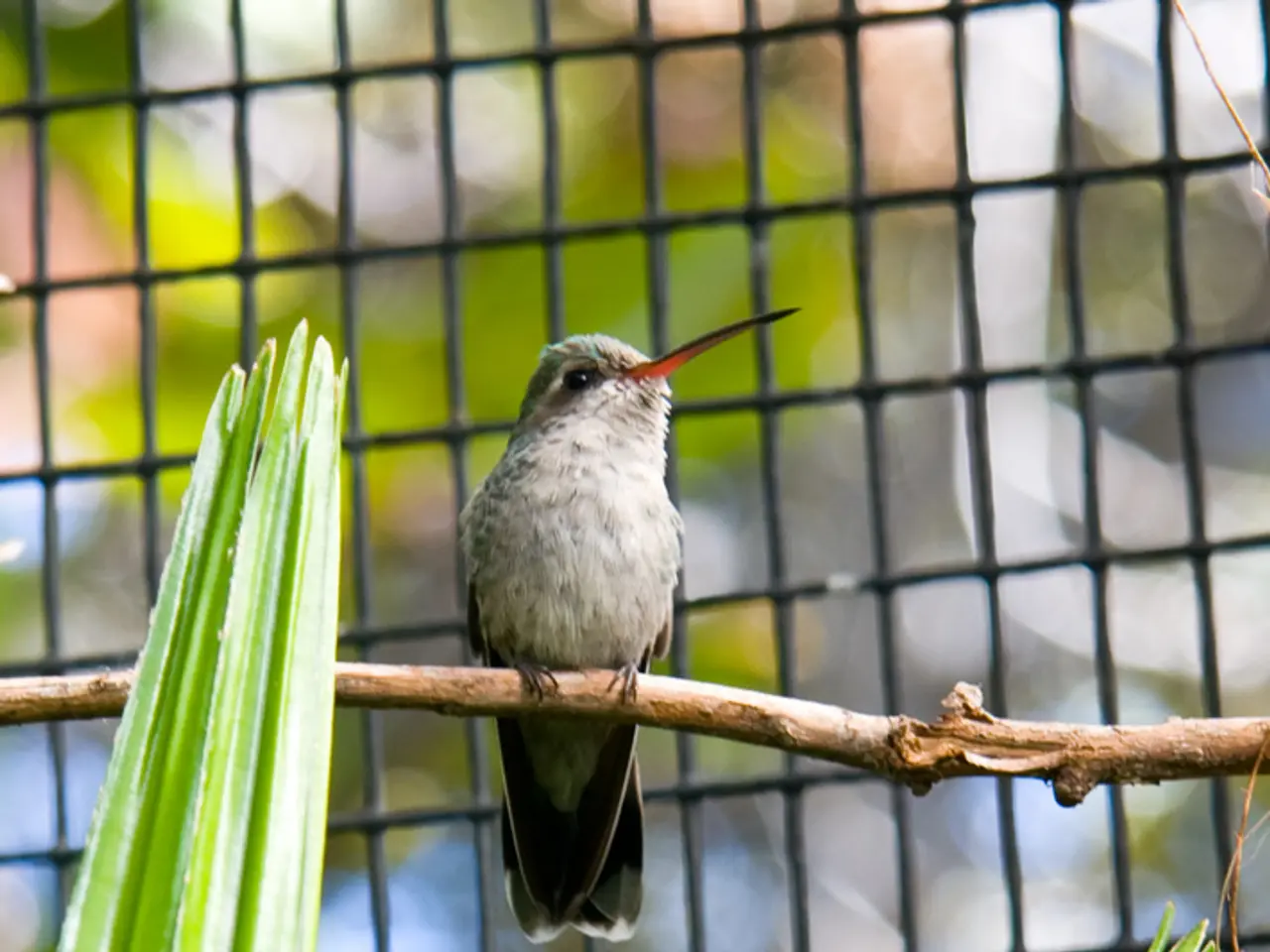Protective Plants: Safeguarding Your Garden from Tick Infestations (via Genius)
In the quest to maintain a safe and comfortable outdoor living space, gardeners are increasingly turning to natural solutions to repel ticks. Ticks, known for their role in the spread of diseases such as Lyme disease, prefer moist, shady, and protected places, making them a common nuisance in gardens. However, with a few simple adjustments and the strategic use of certain plants, it is possible to create an eco-friendly barrier against these pests.
### 1. Plant Tick-Repelling Herbs and Flowers
Certain plants are naturally disliked by ticks and can form a fragrant, protective barrier around your garden. Lavender, with its intense smell, emits essential oils that ticks can't stand. Rosemary, similar to lavender, also repels ticks and fleas with its aromatic oils. Geraniums, mint, garlic, onions (Alliums), marigolds, chrysanthemums, sage, milkweed, and juniper are other plants reported to keep ticks and deer away.
### 2. Modify Garden Environment to Deter Ticks
Ticks thrive in cool, moist, shaded environments, so changing garden conditions can reduce their numbers dramatically. Increasing sunlight penetration by trimming overgrown bushes, trees, and shrubs so more sun reaches the ground makes it less hospitable for ticks. Keeping grass short and tidy also reduces tick habitat. Removing leaf litter and debris where ticks may hide is essential.
### 3. Encourage Natural Tick Predators
Leverage the local ecosystem to reduce tick populations naturally. Attracting tick-eating birds by installing bird feeders and bird baths encourages their presence. Keeping chickens or guinea fowl, which actively feed on ticks, can also help reduce their numbers. Encouraging beneficial insects and reptiles, such as garden snakes, by providing habitat and water sources can further aid in controlling tick populations.
### 4. Use Natural Treatments
Apply natural pest control substances to complement plant defenses. Eucalyptus oil, neem oil, mint oil, and diatomaceous earth can be sprayed on bushes and shaded areas where ticks congregate.
By combining these natural plants with supportive garden care and encouraging natural predators, you can create an effective, eco-friendly barrier against ticks in your garden without relying on synthetic chemicals.
---
### Summary Table: Natural Tick Repellents and Garden Tricks
| Method | Details & Benefits | |----------------------------|--------------------------------------------------------| | **Plants** | Lavender, rosemary, geraniums, mint, garlic, marigolds | | **Garden maintenance** | Prune shrubs, trim grass, remove debris to increase sun | | **Attract predators** | Birds, chickens, guinea fowl, garden snakes | | **Natural treatments** | Eucalyptus oil, neem oil, diatomaceous earth |
In addition to these strategies, it's important to remember that if you have many animals like hedgehogs, mice, or birds in your garden, you should be particularly vigilant as they can carry ticks into the garden. Placing birdhouses and feeders as far away from the terrace or play areas as possible can help prevent tick infestation. Gravel or stone paths between the lawn and hedges can also help keep ticks away from the living area as they prefer not to crawl over hot, dry surfaces.
By implementing these natural solutions, you can enjoy a safer, healthier, and more enjoyable garden experience without the worry of ticks.
- Incorporating lavender, rosemary, and other tick-repelling plants like geraniums, mint, garlic, onions (Alliums), marigolds, chrysanthemums, sage, milkweed, and juniper into your home-and-garden can help in creating an eco-friendly barrier against ticks.
- Modifying your garden's environment by trimming overgrown vegetation, maintaining short grass, and removing leaf litter can make your outdoor living space less hospitable for ticks, contributing to a safer lifestyle.





